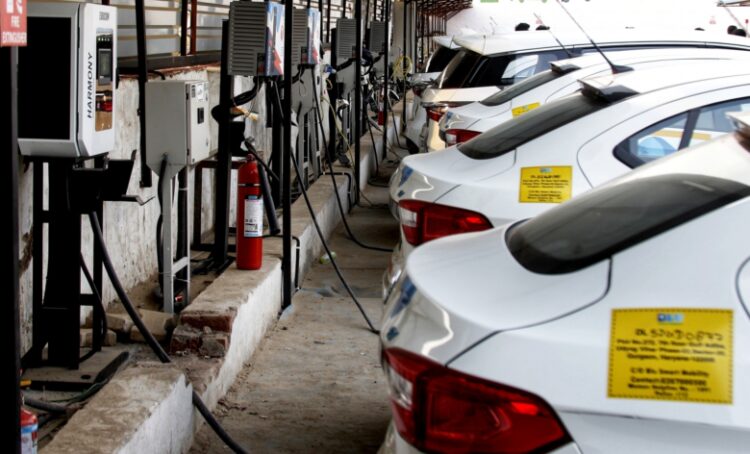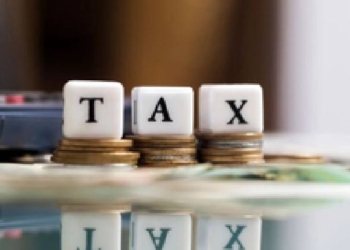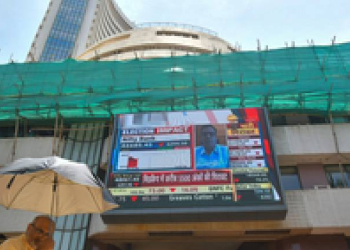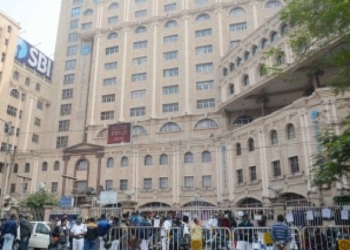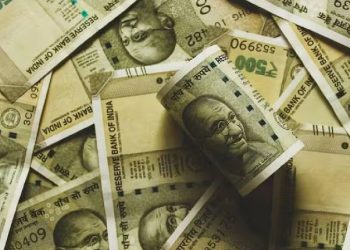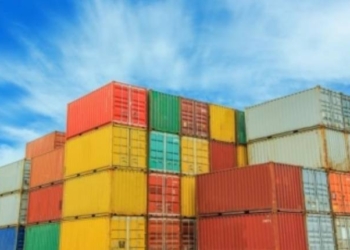New Delhi: The early success of e-mobility in India can largely be attributed to a supportive policy landscape at the national and state level, with 26 of the 36 states and Union Territories releasing EV policies in the past five years, with 16 of them being released between 2020 and 2022, a study said.
The study by New Delhi-based Climate Trends “Analysis of State Electric Vehicle Policies and Their Impact”, has assessed the comprehensiveness of these state EV policies based on 21 parameters that cover targets and budget allocations, demand side and manufacturing incentives, and focus on fleet electrification, charging infrastructure mandates and job creation.
It also analyses the progress of eight policies that have been active for two years or more, saying none of them are on track to meet their targets of EV penetration, charging infrastructure or investments.
“With e-mobility expansion placed as one of the key pillars in achieving faster decarbonisation across the country, the success of state EV policies is both significant and necessary for India’s carbon reduction goals. It is a good sign that the majority of Indian states have EV policies, however, a successful transition to zero emission transport depends on the effectiveness of their design and implementation,” Climate Trends Director Aarti Khosla said.
“It also depends on having a national transport electrification target, which currently doesn’t exist in India. Our study shows that few state policies have comprehensive designs which balance EV sales, manufacturing and overall ecosystem growth. There are gaps in implementation, leading to slower on-ground impact, which need to be addressed through better regulation, improved monitoring, mechanisms and capacity building of stakeholders across the policy value chain.”
“Our study aims to facilitate peer-to-peer learning among states, identify gaps in policy design and implementation, and provide recommendations to address these when the policies are revised,” said Archit Fursule, Research Associate, e-mobility, Climate Trends.
The key findings include: Maharashtra, Haryana, Uttar Pradesh, Delhi and Punjab offer the widest range of parameters, between 13 to 15 of the 21 parameters, making them the most holistic policies.
Least comprehensive policies are of Arunachal Pradesh, Manipur, Himachal Pradesh, Ladakh, Kerala, and Uttarakhand as they offer between three to seven of the 21 defined parameters in their policies, making them the least comprehensive.
Strongest demand side incentives: Nine states and UTs –Delhi, Odisha, Bihar, Chandigarh, Andaman and Nicobar, Maharashtra, Haryana, Rajasthan and Meghalaya — offer five to six out of eight forms of demand-side incentives.
Weakest demand side incentives are of nine states –Andhra Pradesh, Arunachal Pradesh, Manipur, Karnataka, Himachal Pradesh, Gujarat, Madhya Pradesh, Tamil Nadu and Kerala as they offer only one or two demand-side incentives.
Strongest manufacturing incentives are of Tamil Nadu, Haryana and Andhra Pradesh, with special support to boost EV manufacturing, apart from incentives offered in the state’s industrial policy.
Only nine states have mandated the creation of charging infrastructure in new residential buildings, offices, parking lots, malls, etc: Chandigarh, West Bengal, Andhra Pradesh, Tamil Nadu, Odisha, Delhi, Maharashtra, Meghalaya and Ladakh.
Only 8 states have specific targets for electrification of fleets such as last mile delivery vehicles, aggregator cabs, government vehicles. They are Maharashtra, Delhi, Haryana, Karnataka, Assam, Madhya Pradesh, Manipur, Andaman and Nicobar.
(IANS)




